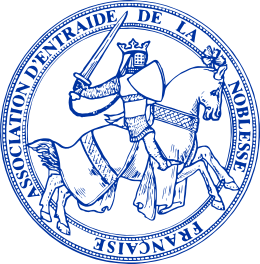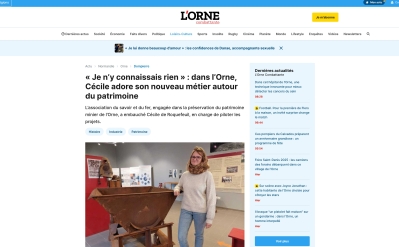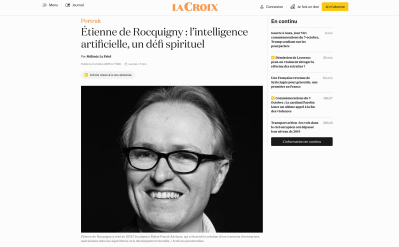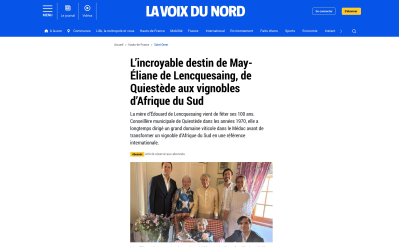News
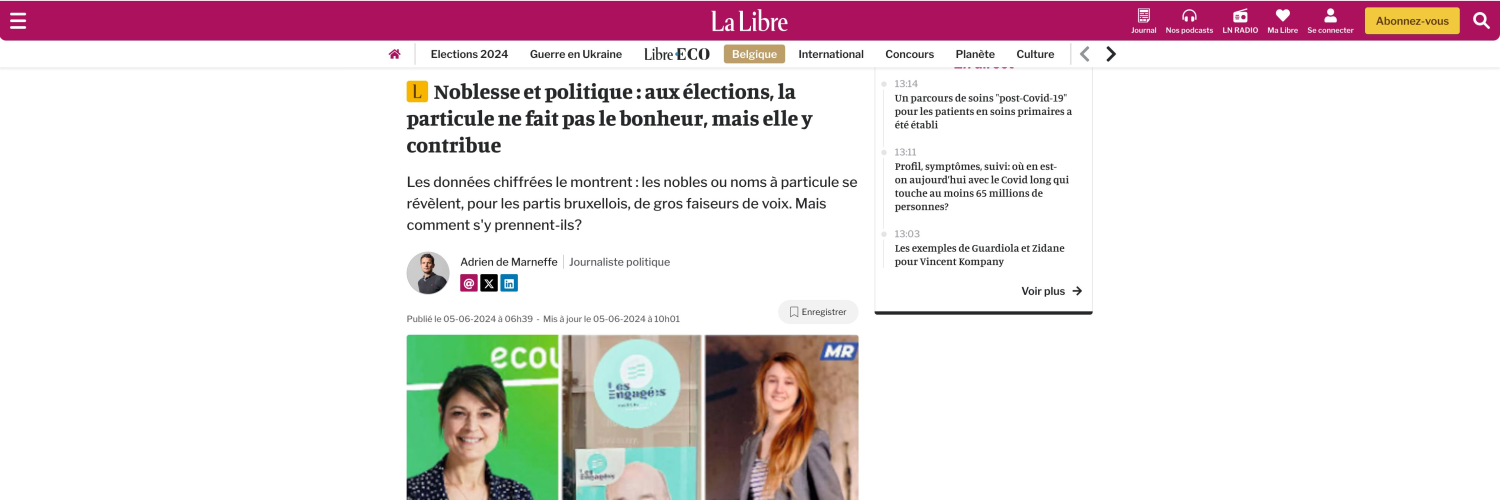
La Libre: "Noblesse et politique: aux élections, la particule ne fait pas le bonheur, mais elle contribue y" (Nobility and politics: in elections, the particle doesn't make you happy, but it does contribute to it)
05 June 2024
Press review
Viewed 504 times
As the figures show, nobles and particle names are major vote-getters for the Brussels parties. But how do they do it? Nobility and politics: in elections, the particle doesn't make you happy, but it...
You must be logged in to read more
